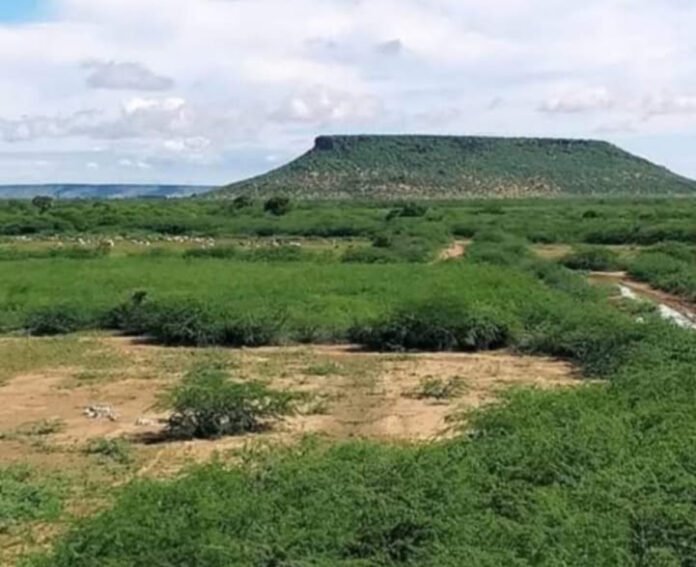By Horn Africa News
Mogadishu — The Somali federal government is pressing ahead with plans to form a parallel administration in the Gedo region, in a move that directly challenges the authority of the Jubbaland state government led by Ahmed Mohamed Islam, widely known as Ahmed Madobe.
Federal officials have begun a series of consultations in key towns across Gedo, including Beled-Hawo and Garbaharey, aiming to set up a local administration that operates under Mogadishu’s authority. The initiative, insiders say, is part of a broader federal strategy to bypass Jubbaland’s leadership, which the Somali government has repeatedly declared illegitimate.
Security Minister Fartaag is scheduled to travel to the region in the coming days to push the process forward. His visit will include meetings with regional administrators, clan elders, civil society leaders, and community representatives to discuss governance, security, and local development priorities.
The Somali government has long disputed the legality of Ahmed Madobe’s presidency, claiming his election process violated constitutional procedures.
Mogadishu argues that a federal-aligned administration in Gedo would “better reflect the will of the local population” and deliver essential services more effectively.
“This is part of a broader stabilization and reconciliation strategy,” a senior federal official involved in the talks told Radio Shabelle. “We want an administration that works hand-in-hand with the central government and prioritizes the needs of the people over political rivalries.”
The plan is expected to intensify an already fragile relationship between the federal government and Jubbaland, which have been locked in a protracted dispute over power-sharing, territorial control, and political representation in southern Somalia. Gedo, a strategically important region bordering Kenya and Ethiopia, has been at the center of these disputes for years.
Political analysts warn that the creation of a parallel administration could further polarize the region and potentially disrupt ongoing security cooperation against Al-Shabaab militants, who continue to operate in parts of Jubbaland.
For now, Mogadishu appears determined to proceed, framing the move as a step toward greater stability and federal authority, while critics see it as a political maneuver that risks deepening Somalia’s federalism crisis.





